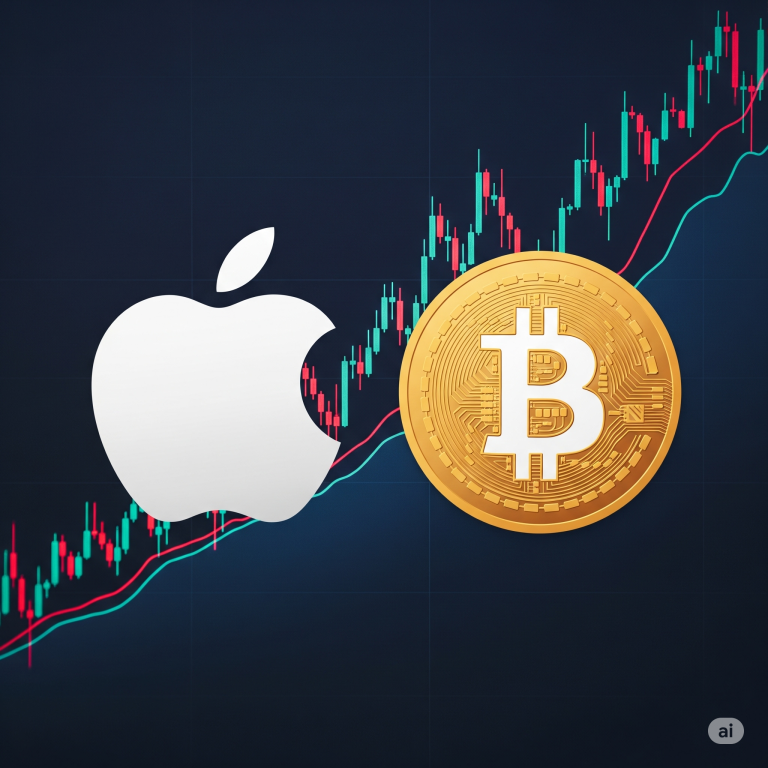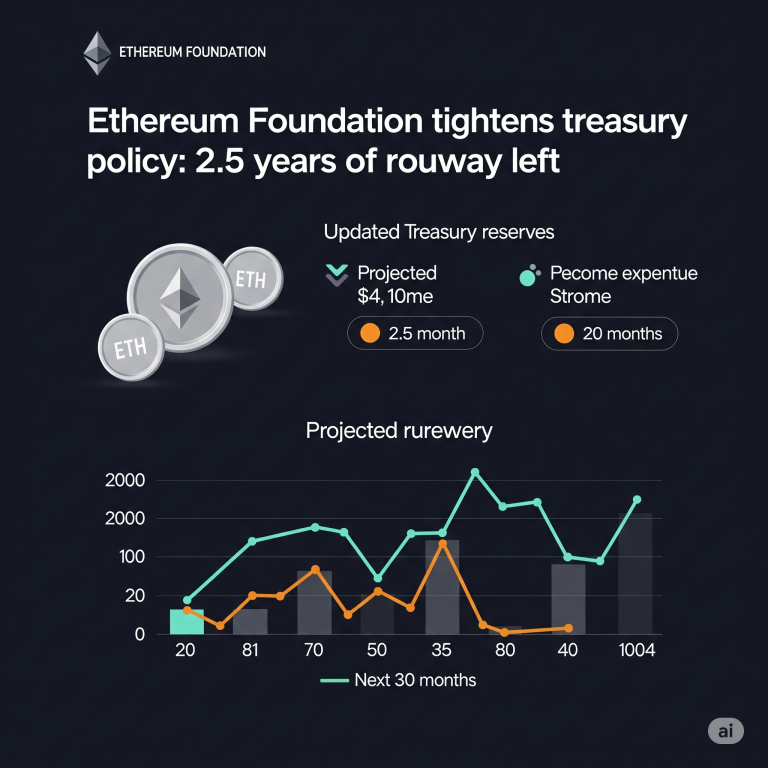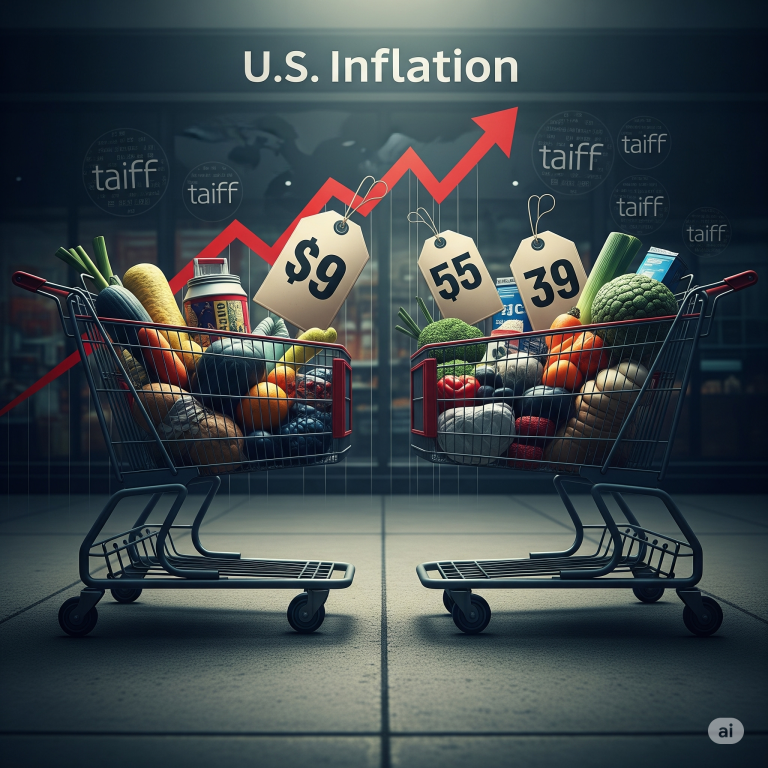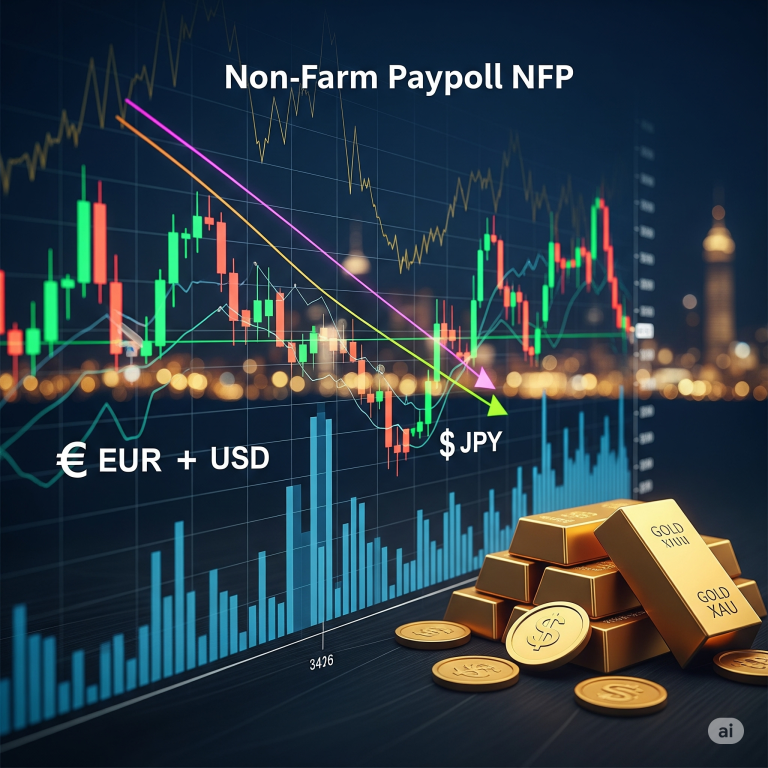Decentralized Finance (DeFi) is revolutionizing the financial world by offering a new paradigm for accessing and utilizing financial services. Built on blockchain technology, DeFi aims to create an open, transparent, and accessible financial system that operates independently of traditional intermediaries like banks.
What is DeFi?
At its core, DeFi seeks to democratize finance by:
- Eliminating Intermediaries: DeFi protocols allow users to interact directly with each other, bypassing traditional financial institutions and their associated fees.
- Increasing Transparency: Blockchain technology ensures all transactions are recorded on a public and immutable ledger, enhancing transparency and security.
- Promoting Financial Inclusion: By removing barriers to entry, DeFi can provide access to financial services for individuals who are unbanked or underbanked.

Key Concepts in DeFi:
- Decentralized Exchanges (DEXs): Platforms that allow users to trade cryptocurrencies directly with each other without the need for centralized exchanges.
- Lending and Borrowing Protocols: These platforms enable users to lend and borrow cryptocurrencies from each other, often with competitive interest rates.
- Stablecoins: Cryptocurrencies designed to maintain a stable price, typically pegged to a fiat currency like the US dollar. Stablecoins play a crucial role in Decentralized Finance (DeFi) by providing a stable store of value and facilitating transactions.
- Yield Farming: A process of earning rewards by providing liquidity to DeFi protocols, such as lending pools and decentralized exchanges.
- Decentralized Applications (dApps): Applications built on blockchain technology that operate autonomously without the need for intermediaries. DeFi dApps include lending platforms, trading platforms, and insurance protocols.

Benefits of DeFi:
- Increased Accessibility: Decentralized Finance (DeFi) provides access to financial services for individuals who may be excluded from traditional banking systems.
- Enhanced Transparency and Security: Blockchain technology ensures all transactions are transparent and immutable, reducing the risk of fraud and manipulation.
- Lower Costs: By eliminating intermediaries, DeFi can reduce transaction costs and improve efficiency.
- Innovation and Experimentation: The DeFi ecosystem fosters innovation and experimentation, leading to the development of new financial products and services.
Challenges and Risks:
- Smart Contract Vulnerabilities: Exploits in smart contracts can lead to significant financial losses for users.
- Regulatory Uncertainty: The regulatory landscape for DeFi is still evolving, creating uncertainty for both users and developers.
- Market Volatility: The cryptocurrency market is highly volatile, which can impact the value of DeFi assets.
- User Experience: The user experience of many DeFi protocols can be complex and challenging for beginners.
The Future of DeFi:
Despite the challenges, the future of Decentralized Finance (DeFi) looks promising. Continued innovation, coupled with increased regulatory clarity, is expect to be drive further adoption and growth in the DeFi ecosystem.

Disclaimer: This article is for informational purposes only and should not be construed as financial advice. Investing in 1 DeFi involves significant risks, and you should carefully consider your investment objectives before making any decisions.
Subscribe to our newsletter!





